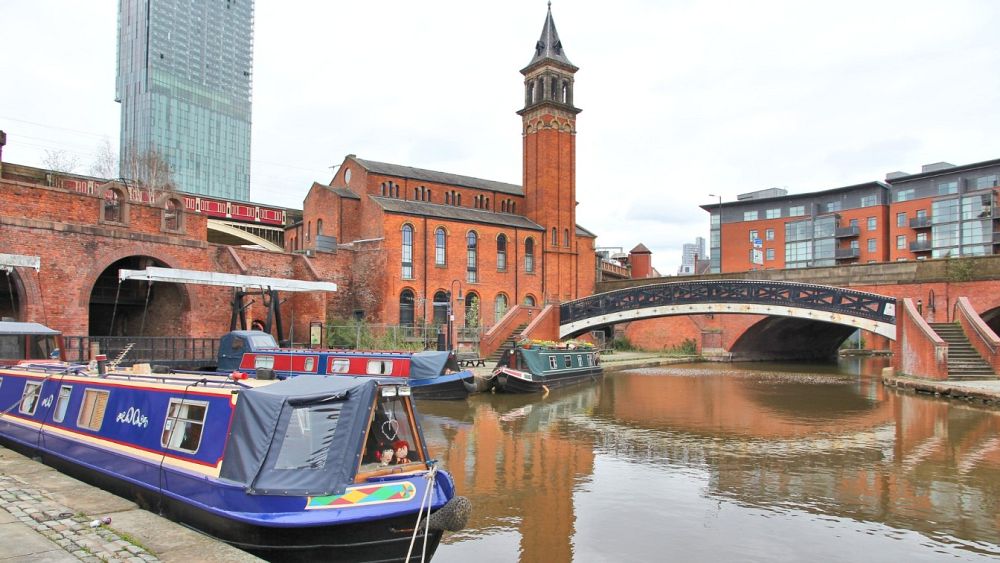Manchester will soon become the first UK city to charge a tourist tax.
The northwestern English city will introduce the new fee from 1 April 2023.
The nightly charge will apply to all visitors who stay in an apartment, hotel or guesthouse in the city centre.
Revenue from the ‘City Visitor Charge’ will be invested in cultural and tourism initiatives, such as events and festivals. It will also be used to improve street cleanliness and the tourist experience.
The charge is expected to rake in around £3 million (€3.4 million) per year.
How much will Manchester’s tourist tax be?
Manchester’s tourist tax will be set at £1 (€1.14) per room, per night.
It will apply to all hotels and short stay serviced apartments in the city centre with an annual rent value of £75,000 (€85,000) or more.
Properties in the loosely defined Manchester Accommodation BID zone will be subject to the charge. Currently this includes 73 properties, mostly within the Manchester and Salford Inner Ring Road.
The fee will be handled by accommodation providers. It will automatically apply to all new properties in the zone.
In a 2022 referendum, hoteliers voted 80 per cent in favour of the tourist tax, showing that fears it could damage tourism are not widespread.
Is Manchester a popular tourist destination?
Manchester welcomes over one million international visitors every year. It is the UK’s third most popular tourist city after London and Edinburgh.
Tourism brings £7.5 billion (€8.5 billion) to the city’s economy every year, according to the local government authority.
The visitor tax is being introduced amid rapid growth in the city’s hotel sector.
In 2020, Manchester was slated to double its room capacity with 28 new hotels - including Mollie’s, designed by the famous Soho House - due to open by 2023.
The city is famed worldwide for football - Manchester United’s Old Trafford stadium attracts around 32 million local and international visitors a year.
With an international airport, the city also acts as a gateway to the Lake District National Park, which is two hours’ drive north.
In June 2023, Manchester will unveil Factory International, a hub of arts, music and culture that will become the permanent home of the annual Manchester International Festival.
In December, Co-op Live will open in Manchester. It is set to be the largest indoor arena in the UK.
Where else in Europe charges tourist tax?
Barcelona, Spain, has been charging a regional tourist tax and additional city-wide surcharge since 2012. On April 1 2023, the municipal fee will rise by €1 to €2.75 per night.
Valencia has also announced it will introduce a nightly tourist tax of between €0.50 and €2 later this year. Spain’s Balearic Islands (Mallorca, Menorca, Ibiza, Formentera) already charge a tourist tax of up to €4 per night.
Venice in Italy has charged an overnight tax of between €1 and €5 since 2011. This summer, the popular tourist destination will extend fees of between €3 and €10 to day trippers.
Austria, Belgium, Bulgaria, Croatia, the Czech Republic, France, Germany, Greece, Hungary, the Netherlands, Portugal, Slovenia and Switzerland all also charge some form of tourist tax.
Elsewhere in the UK, the Welsh government is considering introducing a ‘visitor levy’ for overnight stays in the country.


